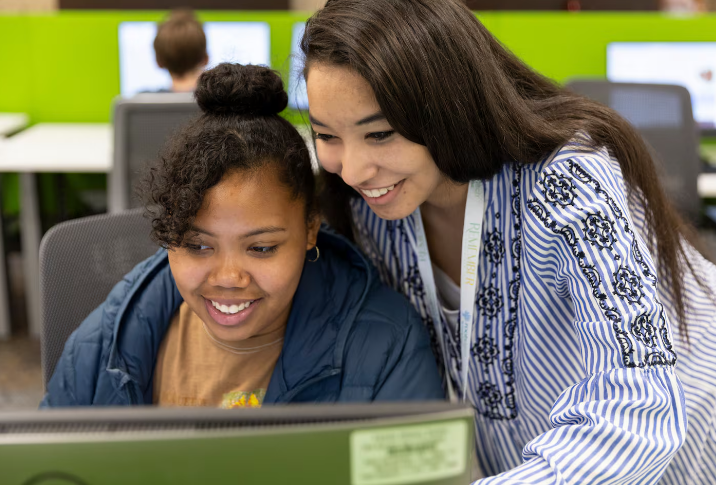On Deseret News, writer Jacob Hess reports on “the documented effects of genealogical discoveries on emotional well-being, resilience, sense of identity and belonging” as they relate to mental health for youth and adults both:
“The world’s largest family history conference concluded this weekend in Salt Lake City. Despite rapid advances in genealogical technologies, some still perceive family history as interesting primarily to older folks with extra time and an affinity for family lore.
But America’s mental health crisis might change that. . . .
This emergence of the smart phone’s dominance (in the early 2010s) is highly correlated with the sharp downturn in youth mental health, as documented by San Diego State University scholar Jean Twenge over the last decade. . . .
Amidst the widespread concern over the consequences of these pervasive social media networks — including spikes in loneliness and isolation — less attention has gone to alternative networks where people of all ages can find meaningful connection and healing relationships.
Professional genealogist Lindsay Fulton spoke at RootsTech about the ‘untapped potential’ of family history, including its ‘incredible and quantifiable impact on young people.’ With organizations now poised to offer family history education in classrooms and homes anywhere — including 670 videos available from past RootsTech conferences (and another 858 in Spanish or Portuguese) — experts at the conference pointed to four main emotional and relational benefits of family history:
- An expanded sense of connection
The well-known ‘dinnertime study’ from 2005 directed by Emory psychologists Robyn Fivush and Marshall Duke was one of the first to highlight the tangible benefits of family history for young people. ‘There seems to be something that’s particularly important about children knowing where they came from in a larger sense,’ they observed.
The researchers described ‘family narratives about the shared past’ as especially significant for children’s sense of being a ‘member of a unified family.’ . . .
- An expanded sense of identity
In a 2010 study, ‘The power of family history in adolescent identity and well-being,’ this same set of Emory researchers surveyed middle-class, mixed-race families with teenagers, discovering that young people who ‘knew more stories about their extended family showed higher levels of identity achievement.’”
***
More from Around the Web
More from Mad in the Family















